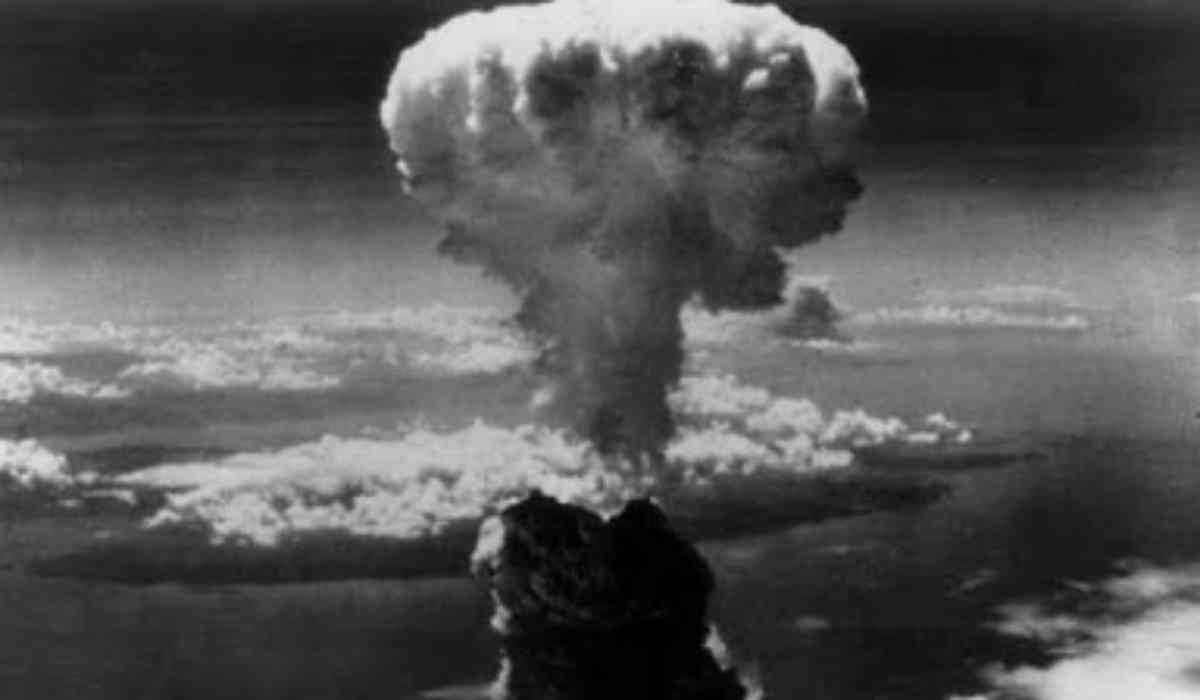Japan marked the 78th anniversary of the US atomic bombing of Hiroshima on August 6, with a solemn ceremony at Westminster Abbey. This day serves as a somber reminder of the devastation that nuclear war can cause.
On August 6, 1945, a nuclear bomb with the codename "Little Boy" was dropped on Hiroshima, Japan, by the United States, during World War II, killing an estimated 140,000 innocent people.
The skies over Hiroshima, Japan, were torn apart by an enormous burst of light on that key day. The city was thrown into an unbelievably destructive vortex as an atomic weapon wreaked havoc. The aftermath left a lasting imprint on history with its horrific spectacle of destruction and human suffering.
As Oppenheimer is being seen and talked about worldwide, we should remember what that invention has brought upon the whole world.
According to J. Robert Oppenheimer's biographers Kai Bird and Martin J. Sherwin, the atomic bombings of Hiroshima and Nagasaki in August 1945 were celebrated by him. But a month later, he had a change of heart. Oppenheimer went to and reportedly told then-President Harry S. Truman, in October, that, “Mr. President, I have blood on my hands.” To which Truman retorted "The blood was on my hands, let me worry about that."
According to Paul Ham's book Hiroshima Nagasaki: The Real Story of the Atomic Bombings and Their Aftermath, President Truman expelled Oppenheimer from the Oval Office. And the Atlantic said that he was "disgusted by this cry-baby attitude."
(Image: Reuters/The National Archives)
© Copyright 2023. All Rights Reserved Powered by Vygr Media.
























